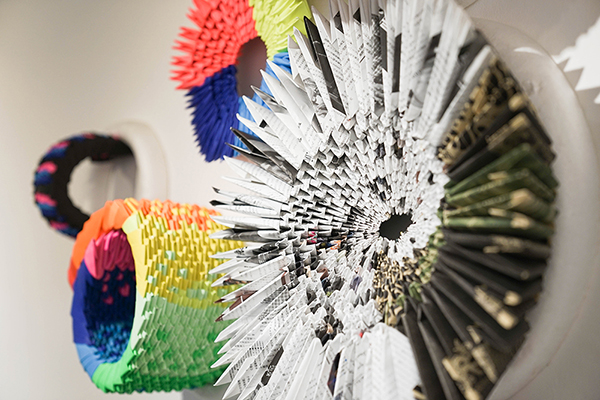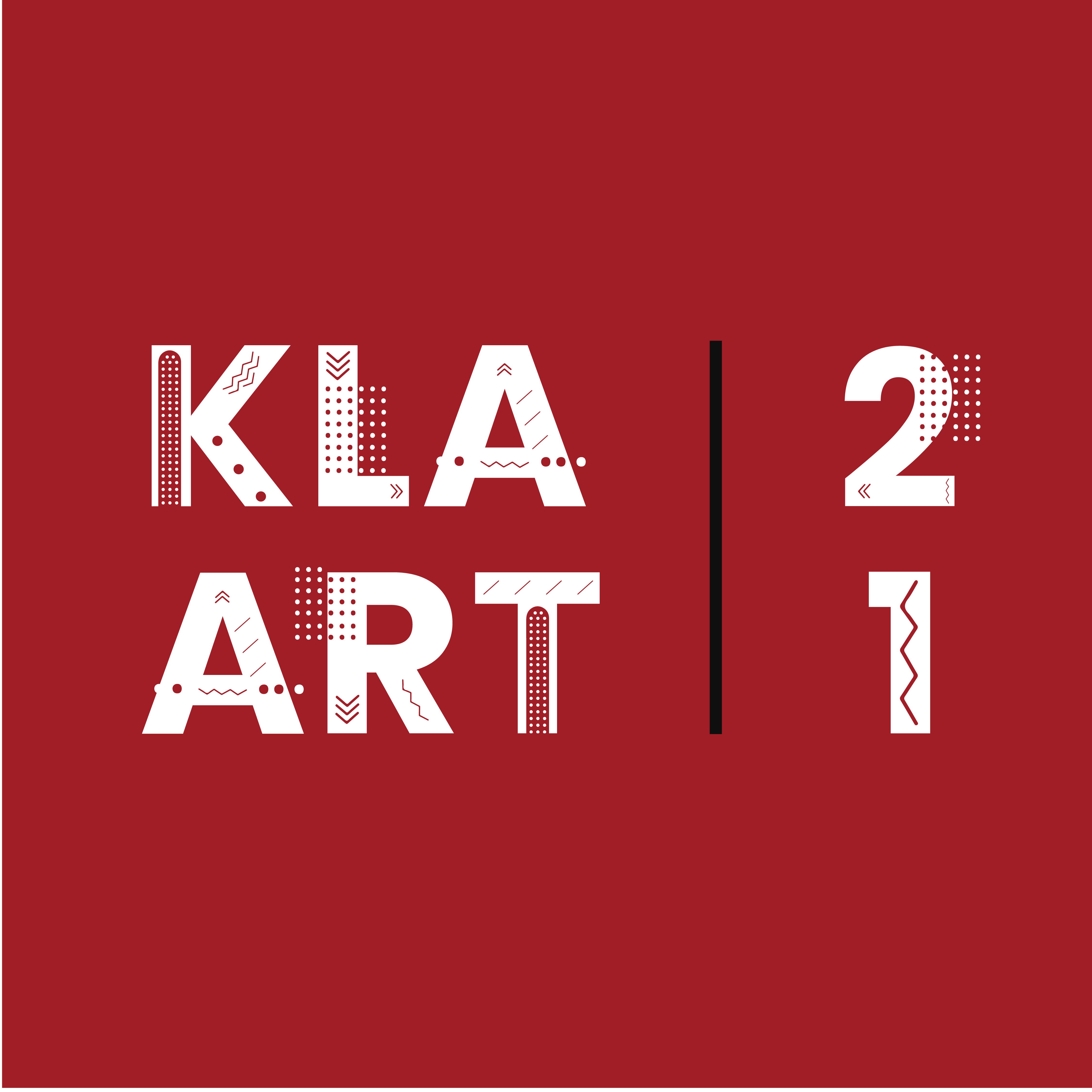
Alison Nadunga, Gudskul — Indonesia
On 1st January 2020, the worlds gates open into a literal leap year and the day Edgar Kanyike and I set off for an experience that stamped a new way to learn and rewrite our art practice away from what is the norm in a conventional educational space. I express this in the context of learning and education because I can’t help it — learning and teaching are almost second to breath for me.
With a couple of origami paper batched up from Uganda and a few insights from the literature on Jakarta Indonesia, I set foot into Gudskul with the hope that this would be my total reference for experiencing the art and education scene in Indonesia.









Previous
Next
Also, prior to my travel to Jakarta, the 32° East organized two KLA ART Labs sessions on Research and Concept Development as well as Documentation, that were a major player in the way things turned out for me at the end of my residency in Gudskul. Contrary to my linear experience of research, my pre- Jakarta experience was an eye-opener on how concept development and research is beyond a theoretically guided footpath to collecting, interpreting and disseminating information.
I set foot into Jakarta with all this running through my mind and with the hope to visit lots of learning Institutions and have the things I had envisioned come to life and of course take part in social-cultural scene of this new space. To my surprise I did not hit my target, the reason being my targets were merely clues to what I really needed to achieve. My long walks through Jakarta, my never-ending conversations about Indonesia’s social-economic and social-political context, my classroom & out of classroom experiences, tours to cultural- heritage/historic sites got me longing to explore my art form and its process of execution in relation to this new space.
I recall a workshop at Cikal (one of my favourite times in Jakarta) where I explored origami as a possible solution to the growing challenge of global warming. Although I didn’t have time to follow up on each child’s project after the workshop, it warmed my heart to jointly experience another facet of the process of origami. A place where it moves away from being something aesthetically appealing to something more that is more of a critical thinking tool. It felt like the invention of another face of a rubrics cube. We literally unearthed a world of invention and our strictly 2 hours workshop turned out to be 3 hours. It felt good to experience a light bulb moment above my head each time I engaged with the different faces of Indonesia.

Recounts of my reflections and experiences in GudSkul Indonesia at large opened a new face to countless possibilities to exploring and engaging with a practice as taxing as origami.
